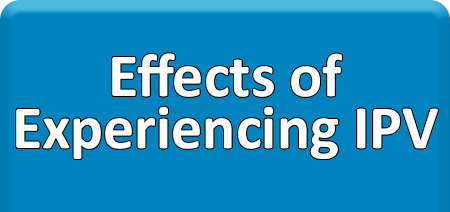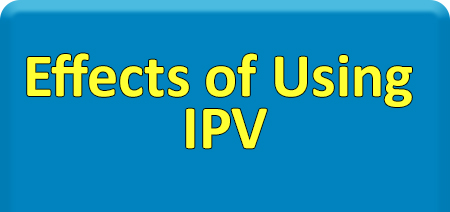VHA Social Work
Intimate Partner Violence Assistance Program (IPVAP) - VETERANS & PARTNERS - What Is IPV?
 |
 |
 |
 |
 |
When IPV is used in a relationship, it can have negative effects on a person’s mood and behavior. Your emotional well-being is an important aspect to your overall health. Emotional well-being allows you to cope with life stressors and to be confident in how to balance the ups and downs of life. Below are the most common negative consequences to emotional health for the individual who is using IPV.
– Your emotional well-being is an important aspect to your overall health.
– Emotional well-being allows you to cope with life stressors and to be confident in how to balance the ups and downs of life.
Below are the most common negative consequences to emotional health for the individual who is using IPV.
- Experiencing feelings of guilt after a negative incident with your partner.
- Feeling shame about certain behaviors, actions, or things that were said to your partner.
- Feeling as if you are not in control of your own reactions or behaviors.
- Avoiding treatment for mental health concerns such as depression, or PTSD.
- Noticing an increase in depressive symptoms such as isolating self, feeling down, trouble sleeping, and difficulty concentrating.
- Having thoughts of harming yourself, including thoughts of suicide.
- Abusing alcohol, drugs, or taking risks as a way of coping with overwhelming emotions.
- Feeling as if you are alone in your experience or that nobody else understands what you are going through.
- Thinking violence is normal and an appropriate way of coping with issues or stressors within your relationship.
Are you experiencing any of these relationship concerns? If so, we understand and we can help!
For more information or assistance, contact your local Intimate Partner Violence Assistance Program, Primary Care Social Worker or other Provider. Women Veterans can also ask for the Women Veterans Program Manager.
Not yet a patient at VA? - Apply Now
Find help in the community by calling the National Domestic Violence Hotline at 1−800−799−7233 (SAFE) or TTY 1−800−787−3224.
If you or a loved one is in immediate danger, call 911
If you’re experiencing an emotional crisis or having thoughts of suicide, call the Veterans Crisis Line: 1-800-273-8255 and Press 1 or TTY 1-800-799-4889
* Links with an asterisk (*) next to them will take you outside the VA website. VA is not responsible for the content of the linked site. This link does not constitute endorsement of the non-VA website or its sponsor.























